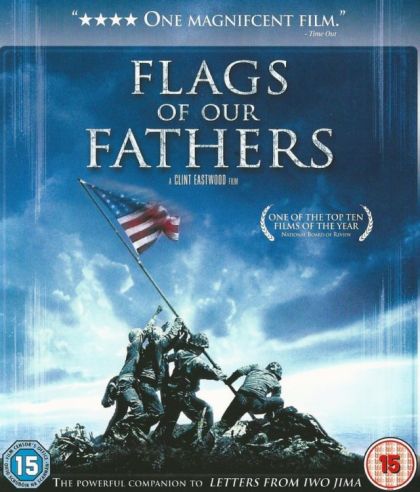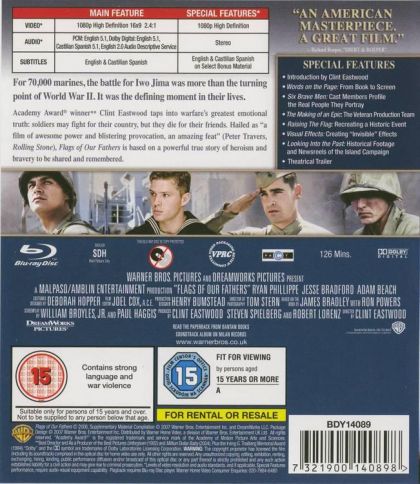Flags Of Our Fathers

Thematically ambitious and emotionally complex, Clint Eastwood's Flags of Our Fathers is an intimate epic with much to say about war and the nature of heroism in America. Based on the non-fiction bestseller by James Bradley (with Ron Powers), and adapted by Million Dollar Baby screenwriter Paul Haggis (Jarhead screenwriter William Broyles Jr. wrote an earlier draft that was abandoned when Eastwood signed on to direct), this isn't so much a conventional war movie as it is a thought-provoking meditation on our collective need for heroes, even at the expense of those we deem heroic. In telling the story of the six men (five Marines, one Navy medic) who raised the American flag of victory on the battle-ravaged Japanese island of Iwo Jima on February 23rd, 1945, Eastwood takes us deep into the horror of war (in painstakingly authentic Iwo Jima battle scenes) while emphasizing how three of the surviving flag-raisers (played by Adam Beach, Ryan Phillippe, and Jesse Bradford) became reluctant celebrities - and resentful pawns in a wartime publicity campaign - after their flag-raising was immortalized by Associated Press photographer Joe Rosenthal in the most famous photograph in military history.
As the surviving flag-raisers reluctantly play their public roles as "the heroes of Iwo Jima" during an exhausting (but clearly necessary) wartime bond rally tour, Flags of Our Fathers evolves into a pointed study of battlefield valor and misplaced idolatry, incorporating subtle comment on the bogus nature of celebrity, the trauma of battle, and the true meaning of heroism in wartime. Wisely avoiding any direct parallels to contemporary history, Eastwood allows us to draw our own conclusions about the Iwo Jima flag-raisers and how their postwar histories (both noble and tragic) simultaneously illustrate the hazards of exploited celebrity and society's genuine need for admirable role models during times of national crisis. Flags of Our Fathers defies the expectations of those seeking a more straightforward war-action drama, but it's richly satisfying, impeccably crafted film that manages to be genuinely patriotic (in celebrating the camaraderie of soldiers in battle) while dramatizing the ultimate futility of war. Eastwood's follow-up film, Letters from Iwo Jima, examines the Iwo Jima conflict from the Japanese perspective. --Jeff Shannon
In 1945, the Marines attack twelve thousand Japanese protecting the twenty square kilometers of the sacred Iwo Jima island in a very violent battle. When they reach the Mount Suribachi and six soldiers raise their flag on the top, the picture becomes a symbol in a post-Great Depression America. The government brings the three survivors to America to raise funds for war, bringing hope to desolate people, and making the three men heroes of the war. However, the traumatized trio has difficulty dealing with the image built by their superiors, sharing the heroism with their mates. Written by Claudio Carvalho, Rio de Janeiro, Brazil
During WW2 the American Government's war chest was empty because the American people didn't have faith that they could win so they stopped buying war bonds. So a campaign was launched using the photo of the Flag Raising at Iwo Jima. Now the three surviving men in the picture, Doc Bradley, Rene Gagnon and Ira Hayes are brought back to the U.S. for the bond drive. But when they arrive they learn that the story the government released to the press is full inaccuracies and they have keep on saying the story even though it's not true. While Rene Gagnon has no trouble saying it, Doc Bradley and Ira Hayes are not comfortable with it. Written by rcs0411@yahoo.com
The picture of six marines raising the US flag after the exhausting, bloody conquest of barren volcanic island Iwo Jima, the first piece of sacred home soil the Japanese must cede, becomes iconic too for the Pacific campaign at the time giving false sense of victory being nearly won. A complex structure of flashbacks interlaces three phases in their lives. First the battle, involving countless comrades, many of whom fell like the Japanese defenders. Then the survivors being commandeered as the face of a homeland tour to sell the public war bonds to refill the empty war chest, a luxury reprieve from battle but also a guilt paradox. Finally the after-war, mainly trying to fit in civilian life again, until the present of the narrator, son of one of them. Written by KGF Vissers
In February, 1945, one of the fiercest battles of the Pacific theater of World War II occurs on the tiny island of Iwo Jima. Thousands of Marines attack the stronghold maintained by thousands of Japanese, and the slaughter on both sides is horrific. Early in the battle, an American flag is raised atop the high point, Mount Suribachi, and a photograph of the raising becomes an American cause celebre. As a powerful inspiration to war-sick Americans, the photo becomes a symbol of the Allied cause. The three surviving flag raisers, Rene Gagnon, John Bradley, and Ira Hayes, are whisked back to civilization to help raise funds for the war effort. But the accolades for heroism heaped upon the three men are at odds with their own personal realizations that thousands of real heroes lie dead on Iwo Jima, and that their own contributions to the fight are only symbolic and not deserving of the singling out they are experiencing. Each of the three must come to terms with the honors, exploitation, and grief that they face simply for being in a photograph. Written by Jim Beaver
SYNOPSIS
There were five Marines and one Navy Corpsman photographed raising the U.S. flag on Mt. Suribachi by Joe Rosenthal on February 23, 1945. "Flags of Our Fathers" is the story of three of the six surviving servicemen, John "Doc" Bradley (Ryan Phillippe), Pvt. Rene Gagnon (Jesse Bradford), and Pvt. Ira Hayes (Adam Beach), who fought in the battle to take Iwo Jima. The picture became one of the most famous images of the U.S. winning a battle during WWII. However, the battle for Iwo Jima raged on for another month with three of the marines being killed in action. The other three servicemen were taken out of battle and flown back to the states. The photo made these men heroes, and the government used these new heroes to promote the selling of war bonds on the War Bond Tour. The three men did not believe they were heroes, even though the American public did. Douglas Young (the-movie-guy)
Cast View all
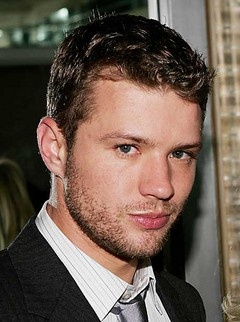
|
Ryan Phillippe | John Doc Bradley |
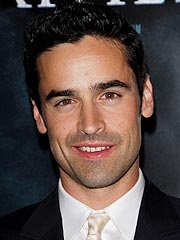
|
Jesse Bradford | Rene Gagnon |
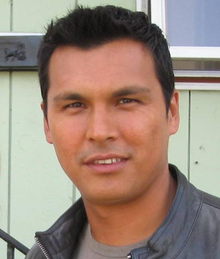
|
Adam Beach | Ira Hayes |
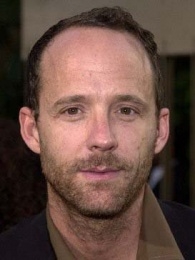
|
John Benjamin Hickey | Keyes Beech |
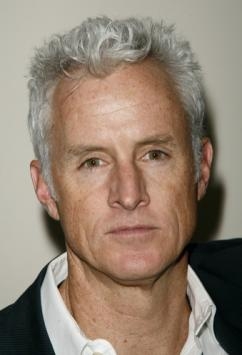
|
John Slattery | Bud Gerber |
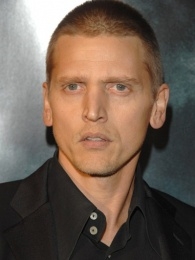
|
Barry Pepper | Mike Strank |

|
Jamie Bell | Ralph Iggy Ignatowski |
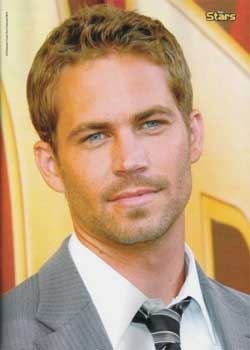
|
Paul Walker | Hank Hansen |
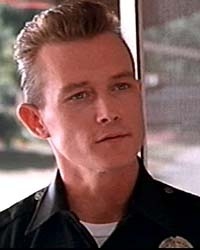
|
Robert Patrick | Colonel Chandler Johnson |
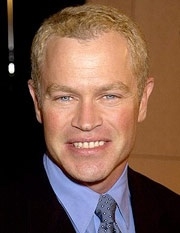
|
Neal McDonough | Captain Severance |

|
Melanie Lynskey | Pauline Harnois |
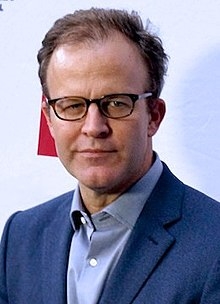
|
Tom McCarthy | James Bradley |
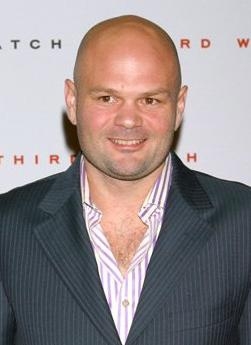
|
Chris Bauer | Commandant Vandegrift |
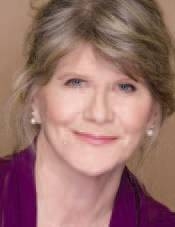
|
Judith Ivey | Belle Block |

|
Myra Turley | Madeline Evelley |
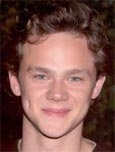
|
Joseph Cross | Franklin Sousley |
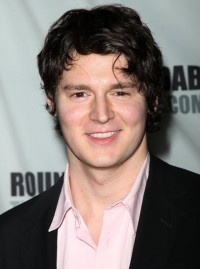
|
Benjamin Walker | Harlon Block |

|
Alessandro Mastrobuono | Lindberg |
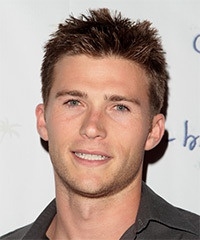
|
Scott Eastwood | Lundsford |
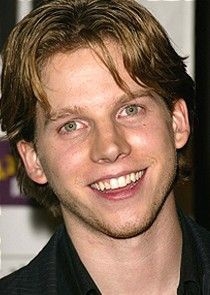
|
Stark Sands | Gust |
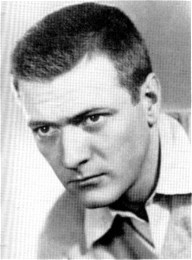
|
George Grizzard | John Bradley |
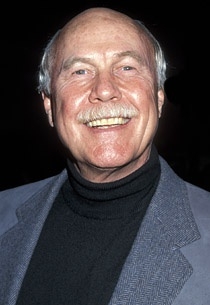
|
Harve Presnell | Dave Severance |
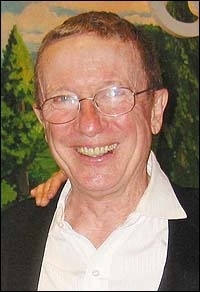
|
George Hearn | Walter Gust |
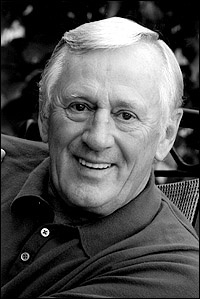
|
Len Cariou | Mr. Beech |
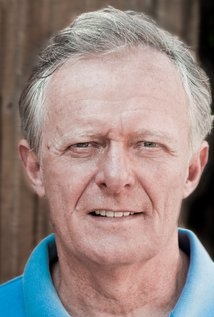
|
Christopher Curry | Ed Block |
Crew
| Director | Clint Eastwood |

|
| Writer | William Broyles Jr., Paul Haggis, James Bradley, Ron Powers | |
| Producer | Clint Eastwood, Robert Lorenz, Tim Moore, Steven Spielberg | |
| Musician | Clint Eastwood | |
| Photography | Tom Stern | |
Edition details
| Edition | Widescreen Two-Disc Special Edition |
|---|---|
| Nr Discs | 2 |
| Screen Ratios | 2.35:1 |
| Subtitles | English | Spanish |
| Edition Release Date | May 22, 2007 |
| Regions | Region Free |
Personal
| Owner | Kerry & Dawn |
|---|---|
| Location | Movies-04 |
| Storage Device | TD 14 |
| Purchased | On May 26, 2007 |
| Index | 364 |
| Added Date | May 17, 2015 05:41:32 |
| Modified Date | Apr 17, 2024 00:46:40 |
Notes
Beyond Flags of Our Fathers
| Other World War II DVDs | Essential DVDs by Director Clint Eastwood | Flags of Our Fathers by James Bradley |


 English
English  Nederlands
Nederlands  Deutsch
Deutsch  Français
Français  Español
Español  Magyar
Magyar  српски
српски  Dansk
Dansk  Italiano
Italiano  Svenska
Svenska  Slovenčina
Slovenčina  Português
Português 
